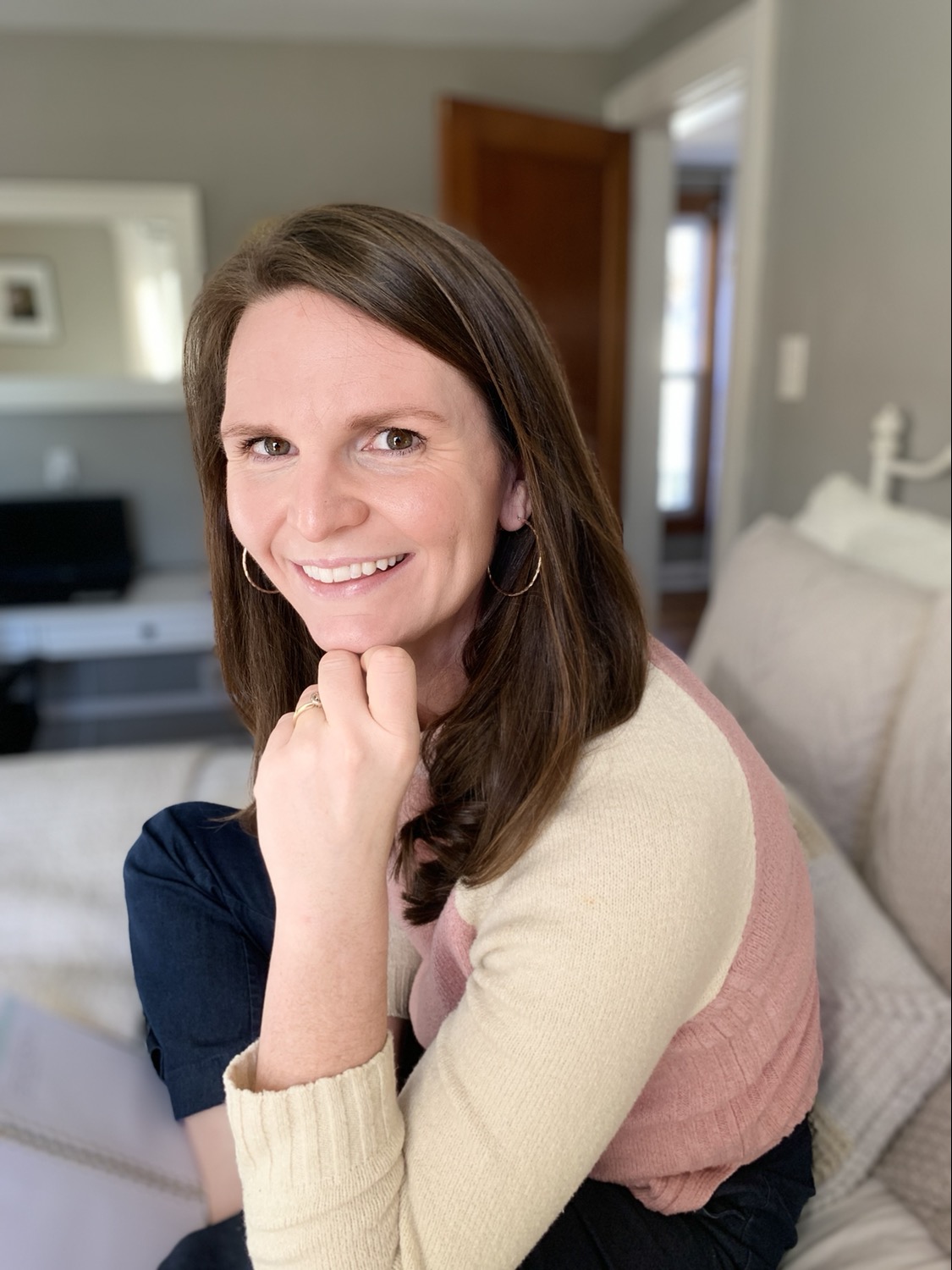When was the first time you felt bad about your body?
- Kate Munhall Weber

- Jan 28, 2022
- 2 min read
Updated: Feb 9, 2022
Think back to the first time you thought negatively about your body. How old were you? What happened to cause you to feel shame around your body or the food you ate?
For most of us this journey is so far back, it is difficult to recall when, why or how. In our culture, the “diet culture”, shame around our bodies is rampantly accepted and normalized.
For most of us we begin this journey well before puberty. Someone makes a comment. You overhear an adult you love commenting on how gross they look in a photo and you start to wonder about yourself. Are you gross too? A child in school calls someone fat and laughs. You wonder to yourself about what "fat" is and if you are going to be the victim of teasing too. You see fat people portrayed as unattractive, silly or lazy in tv shows you like. You overhear adults you love commenting on your cousin’s “belly fat” with judgmental and worried faces in hushed tones. Your grandmother turns down birthday cake, saying she's trying to be "good."
Today I ask you to spend some time thinking about the messages you received from other adults in your life at a young, impressionable age about what you should be eating and how you should look.

Here are three simple things you can do today to heal these internalized messages.
1. Write down or say aloud to yourself three or four messages you wish you would have received instead.
Here are some ideas:
All bodies are growing and changing. Yours will always be changing, and that is a good thing.
Food is a wonderful, joyful part of our lives. Never feel shame for eating and enjoying food.
There is no such thing as a perfect body or perfect eating.
It’s important to find ways to express your feelings and questions about your body.
2. Acknowledge that the humans who offered these negative messages are almost never intending to cause hurt. Forgive them if you can.
3. Next time you are around a child, intentionally make a comment about your body that is positive or kind.
Our words and actions matter to our children, grandchildren, nieces and nephews, or students. You have the power to make a child feel empowered and compassionate toward their body and their relationship with food.
Thanks for thinking about this with me.




コメント